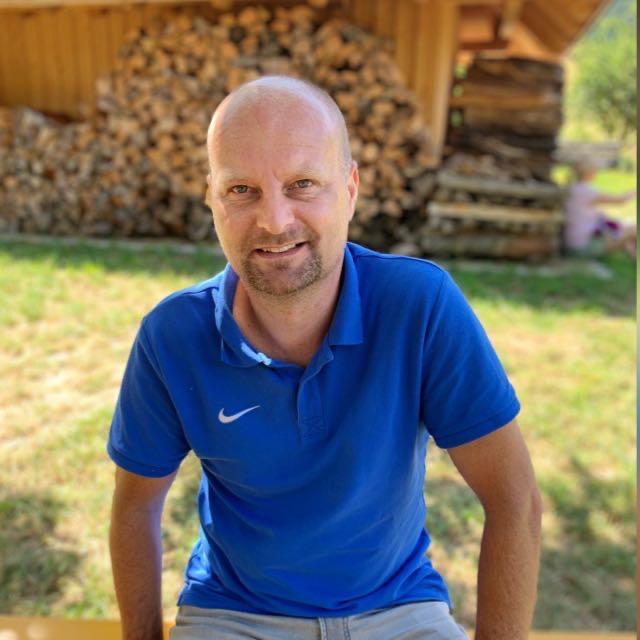In 2018, I visited Flowers Expo Ukraine in Kyiv, a fair that has not seen an edition for a few years, first due to COVID-19 and now because of the war. At the time, organiser Kuno Jacobs of Nova Exhibitions arranged a visit to Ascania Flora, one of the largest rose nurseries in Europe with over 20 ha of acreage located northeast of Kyiv.
This high-tech company impressed me. It held a strong position on its home market, selling nearly all of its roses there. Four years later, a Russian missile hit the nursery, breaking windows and damaging crops. At present, Ascania can only sell 10% of its production; Ukrainians have other things on their minds than buying flowers.
The damage inflicted on Ascania Flora is one of the many consequences of the Russian invasion of Ukraine. Almost 2000 miles westward, Dutch growers are struggling to cope with the extreme energy prices. After peak year 2021, Royal Floraholland expects losses to run into the tens of millions of euros this year. The reason? Much higher energy prices than in 2021. Dutch growers are not the only ones in ornamental horticulture who are hit by the raging war. International key purveyor Ecuador lost a large part of its all-important Russian market.
Need for high prices
Global transport is disrupted everywhere, there are shortages of gas, oil, glass, food and chemical fertiliser, and European nations are facing high levels of inflation. I could go on and on. So is there no good news at all, then? Yes there is: demand for plants and flowers was high during the run-up to Mother’s Day. I concluded my previous editorial by stating that growers need high prices to compensate for the exorbitant cost increases. This is not rocket science, and I may even be accused of stating the obvious. Yet, it is still the obvious, unshakeable truth.

Another positive sign: fairs are back, without any restrictions. Floraliën Ghent went through this year, Florall in Waregem also opened its doors and the Floriade World Horticultural Fair is currently underway in Almere. Thus, COVID-19 seems to finally be losing its grip on society, and people can cluster together again like they used to. After all, that is what social beings do: meet up and follow each other around.
Civil liberties
In large parts of the world, normal life has resumed and personal freedoms have been restored. Unfortunately, this does not apply everywhere. In China, for example, things are different: this country – hardly top of class when it comes to respecting civil liberties as it is – is still putting entire cities in lockdown after identifying a single case of Omicron. Bridges and tunnels are closed and people are forced to stay indoors.
Cok Harteveld has written a moving column about the disastrous zero-covid policy in China under the title ‘COVID: one last time’. He is fed up with it, and so are many Chinese. I can only hope for Cok that China will come to its senses, so that he can devote his next column to the usual subjects. I also hope that the war in Ukraine will come to an end, so that we can all, in time, truly return to normal.
Click here to read the new Floribusiness magazine.
Click here for a free subscription to Floribusiness magazine.
Arie-Frans Middelburg,
Floribusiness










Your point of view caught my eye and was very interesting. Thanks. I have a question for you. https://accounts.binance.com/de-CH/register?ref=53551167